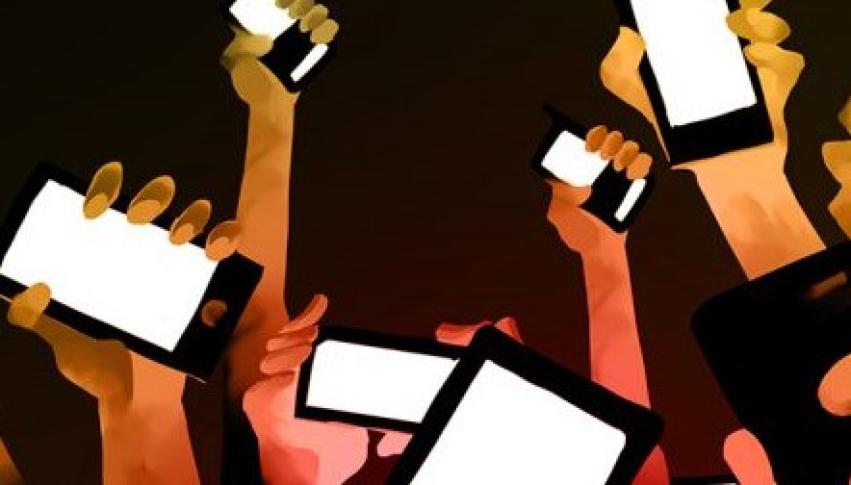
Shri Shaleen Kabra
Principal Secretary,
Union Territory of Jammu & Kashmir
Email : home-jk@nic.in
Jammu and Kashmir has been facing unprecedented restrictions on communications since August 4, 2019. Communications have not been completely restored even after almost a year.
These communication restrictions started with a complete blackout where landlines and mobile services were cut off. Over time landlines and calling service on mobiles were restored. Between January 2020 and March 2020, 2G internet was available for white-listed websites only. 2G connectivity was restored in March 2020. Different districts in the Union Territory have faced more than 40 complete internet shutdowns since 2G internet was restored in March 2020.
These communication blocks have caused immense damage to the citizens of the erstwhile state. Students have lost many hours of their education, people have lost their livelihoods, the media has been severely crippled, the economy has suffered immensely and businesses have collapsed in the absence of a stable internet connection. Moreover, people of the region have suffered significant emotional trauma because of the communication clampdown and the inability to reach out to loved ones.The inability to get timely information during the COVID-19 pandemic due to this network disruption has only added to the woes, particularly affecting health care workers who needed to keep updated with latest developments in the line of treatment . There have also been multiple petitions filed in the Supreme Court of India against this blockade and review committees set up as a result have been unresponsive to the ground reality.
Several special rapporteurs appointed by the United Nations Human Rights Council (UNHRC) issued a joint statement 22 August 2019 in which they had stated that “The blackout is a form of collective punishment of the people of Jammu and Kashmir, without even a pretext of a precipitating offense.”
The repeated instances of internet shutdowns and degradation of network services are causing immense harm to the people of Jammu and Kashmir. We urge the government of the Union Territory and associate government authorities to restore high speed internet access in the region, We also request the government to ensure stable and secure communication services in the Union Territory.
Supporting organizations
1. Access Now
2. Advocacy Initiative for Development (AID)
3. AfroLeadership
4. Association for Progressive Communications (APC)
5. Center for Media Research - Nepal (CMR-Nepal)
6. Center for Media Studies and Pacebuilding (CEMESP-Liberia)
7. Committee to Protect Journalists (CPJ)
8. Digital Empowerment Foundation (DEF)
9. Free Expression Myanmar (FEM) (Myanmar Digital Rights Forum Partners)
10. Free Speech Collective
11. Indian Civil Liberties Union (ICLU)
12. International Federation of Journalists - Asia Pacific (IFJ-AP)
13. Internet Sans Frontieres (Internet Without Borders)
14. Internet Democracy Project (IDP)
15. Liberia Information Technology Student Union
16. L’Association Francophone pour les Droits de l’Homme
17. Media Institute of Southern Africa-Zimbabwe (MISA-Zimbabwe)
18. Myanmar Centre for Responsible Business (MCRB) (Myanmar Digital Rights Forum Partners)
19. Myanmar ICT for Development Organization (MIDO) (Myanmar Digital Rights Forum Partners)
20. Phadeeyar (Myanmar Digital Rights Forum Partners)
21. Point of View (POV)
22. Relaycorp
23. SFLC.in (Software Freedom Law Center, India)
24. Swathanthra Malayalam Computing
25. UBUNTEAM (Côte d'Ivoire) UBUNTEAM (Mali)
26. VE sin Filtro
27. WITNESS
Copy to:
1. Shri Anshu Prakash, Chairman, DCC & Secretary (T)
Email : secy-dot@nic.in
2. Shri Ajay Kumar Bhalla, Home Secretary, Minister of Home Affairs
Email: hshso@nic.in